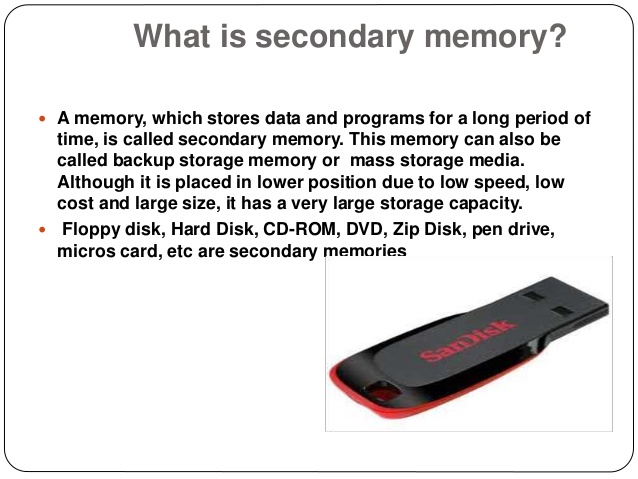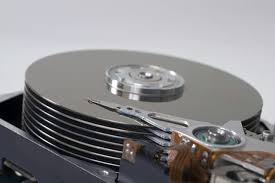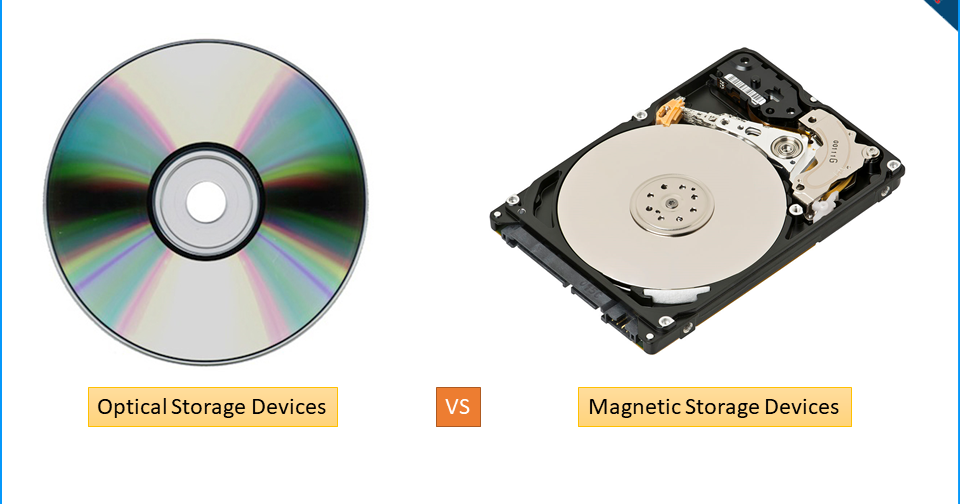Secondary memory : Magnetic storage and it's uses (module 35)
In this section we will discuss on the secondary storage and their types like optical storage and magnetic storage and the devices used for it's storage and cache memory.

Do you have similar website/ Product?
Show in this page just for only
$2 (for a month)

0/60
0/180
Looking backward : 


This is the 35th module on learning C with us. Earlier we discussed on the basic introduction and structure of C, preprocessor it's features, intermediate and executable codes. compilation and execution process of a C program. And keywords and identifiers, data types, variables and constants, scope of variables, operators and expressions in C. Type casting in #C. Introduction to input and output functions and reading a character in #C. Unformatted and formatted input functions. Branching statements like if, if-else, nested if-else. Different types of loops and units, different memory types like ROM ( read only memory) other than RAM (Random access memory) and it's individual types like PROM, EPROM, EEPROM etc. And flash memory
In this section we will discuss on the secondary storage and their types like optical storage and magnetic storage and the devices used for it's storage and cache memory.
Secondary Memory :-

Secondary memory differs from primary memory in a manner that is not directly accessible by the CPU. The computer usually uses it's input/output channels to access secondary memory and transfers desired data using intermediate area in primary memory. Secondary memory is non volatile memory. It is less expensive than primary memory. Data is kept for a longer time in secondary memory.
Secondary Memory can be categorized into two types :
Magnetic Storage :-

Magnetic storage uses different patterns of magnetization on a magnetically coated surface to store information. Magnetic storage is non-volatile. The information is accessed using one or more read/write heads which may contain one or more recording transducers. A read/write head only covers a part of the surface so that the head or medium or both must be moved relative to another in order to access data.

In the next module we will continue our discussion on secondary memory and it's second type that is optical storages and at the end we will discuss on cache memory.
For more articles regarding #C language and fundamental of computers please be updated with us only on Www.newsandstory.com
CONTINUE READING
Technology
#C
coding
learning
programming
Dalpat I
Content writer
